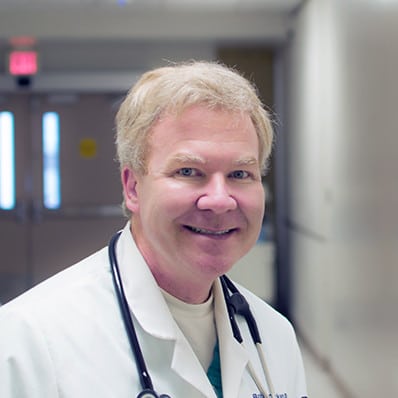Emergency Excellence: Dr. Robert Corkern’s Advanced Approaches to Critical Medical Care
Emergency Excellence: Dr. Robert Corkern’s Advanced Approaches to Critical Medical Care
Blog Article

In regards to healthcare, many individuals often confuse crisis medicine with internal medicine. Equally are crucial branches of medicine, nevertheless they function very different roles in patient care. Dr Robert Corkern Mississippi, a renowned medical specialist, describes the important thing variations between those two specialties, shedding gentle on their own focuses and how each plays a part in patient health. Knowledge the distinction between crisis medicine and inner medication might help people greater understand their healthcare wants and make informed decisions.
The Focus of Disaster Medicine
Disaster medicine is designed to provide quick, intense look after people experiencing urgent or lethal conditions. Crisis physicians function in hospitals' crisis sections (EDs), wherever they are the first point of contact for individuals experiencing significant injuries, strokes, heart problems, and other medical emergencies. Dr. Corkern emphasizes that crisis medication is all about stabilization and rapid decision-making. Crisis physicians are experienced to handle a wide range of medical situations, often without having an in depth medical history of the in-patient, and must produce quick judgments based on limited information.
The principal goal of crisis medication is to prevent further harm, secure the in-patient, and initiate the correct interventions. From trauma care to handling heart problems or shots, disaster physicians are authorities in controlling acute signs and providing life-saving treatments in high-pressure environments.
The Position of Central Medication
In comparison, internal medicine centers on diagnosing and managing persistent disorders and conditions that influence people, such as diabetes, hypertension, and heart disease. Inner medicine specialists, or internists, use individuals over a lengthy period, providing detailed care and reduction strategies. Dr. Corkern explains that central medicine is primarily concerned with the whole-body management of non-emergency medical issues. Internists often function as principal attention medical practioners, handling schedule check-ups, handling constant solutions, and matching care for people with complex, long-term health issues.
While disaster physicians treat quick problems, internists take a more holistic and long-term way of patient health. They often function directly with specialists in areas like cardiology, pulmonology, and nephrology to manage chronic conditions and make sure that people get matched care for numerous health concerns.
Instruction and Way of Treatment
Dr. Corkern highlights the differences in working out required for both fields. Disaster medication requires physicians to be equipped for a wide spectral range of situations that will require rapid, life-saving interventions. Emergency doctors are experienced to handle injury, critical condition, and acute exacerbations of persistent conditions. That training involves a heavy concentrate on acute attention and sophisticated life-saving techniques, frequently in high-stress environments.
On one other give, inner medicine physicians undergo considerable education in the prevention, analysis, and treatment of persistent conditions. They concentrate on providing long-term attention, usually handling a patient's medical history and coordinating with other specialists. The internist's method is patient-centered, with a focus on long-term health maintenance and disease prevention.
When to Find Emergency Medication or Central Medicine
Understanding when to get disaster medication versus inner medication can make all the difference in the speed and kind of attention an individual receives. If you're encountering a medical crisis, such as for example extreme chest suffering, difficulty breathing, or quick loss in mind, the emergency room is the proper spot to go. But, for continuing medical issues, chronic disease management, or general health preservation, an interior medicine expert is typically the very best place of contact.
Realization:
Equally disaster medicine and inner medication perform critical roles in individual care, but their methods, concentration parts, and instruction differ significantly. Dr Robert Corkern's reason offers clarity on what these specialties function and when each is most relevant. By knowledge the distinctions, individuals may greater steer their healthcare wants and guarantee they're seeking the proper type of attention at the right time. Whether facing an emergency or handling a persistent issue, equally specialists are built-in in sustaining and improving health.
Report this page